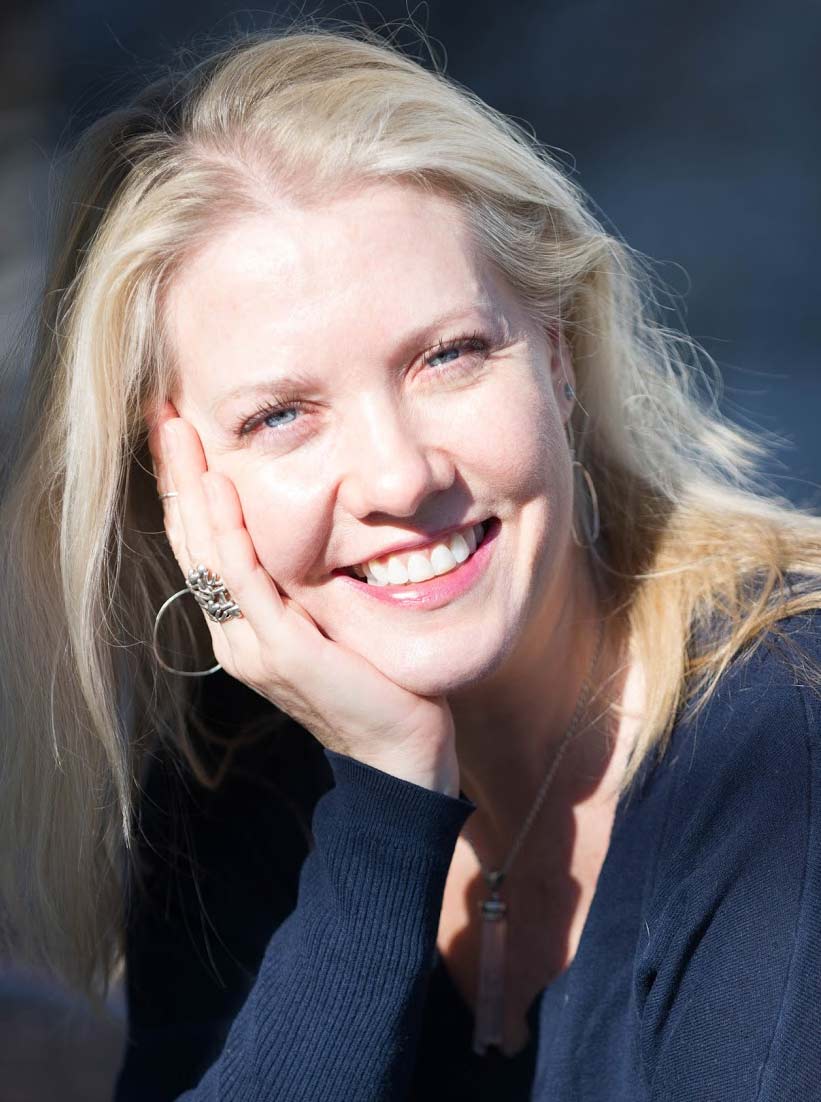Create Your Own Board of Directors
Successful people discover a way of drawing from the environment what they need. They find supporters who can help them make decisions, create goals, overcome obstacles and serve as coaches and cheerleaders. A good coach will provide a sense of structure in a person's life, thereby enabling them to take risks and make important changes. Forming a supportive partnership with a good coach provides reinforcement for your ideas and helps to keep you moving forward in the pursuit of your goals. Role models are also extremely helpful in moving us forward.
Many businesses and most corporations have consultants and coaches as well as a Board of Directors. The CEO cannot make all the decisions for the company, nor should they. They need input from others who know and understand the situation, and have a great deal of experience of their own. The Board of Directors is a group of people who assist in making decisions based on what is best for the company. They each have their own perspective about any given situation.
Think of yourself as the CEO of your "company" and imagine you have your very own "Invisible Board of Directors." There is a large conference table in the middle of a room. It is a large corner office in a sky rise office building with walls of glass and gorgeous views. There are 10 chairs around the table. You are at the head of the table. You can put anyone you want in the chairs. They can be people you know or don't know, dead or alive. Choose people you think would be your best supporters, have your best interest at heart, and give you the best advice. Choose people who you admire for their achievements and character.
Name the person who will sit in each chair. Your Board of Directors could include your parents, siblings, friends, professionals such as an attorney, a doctor, a coach or counselor, a minister, well known authors, motivators, spiritual advisors, etc. There will be nine people besides yourself who will help you make decisions based on what is best for you.
Any time you have a problem or concern, bring up your Board of Directors for a meeting. Imagine you are telling them about your problem. Imagine what each of them would say as you went around the table. You'll be surprised at what comes up! This is a very powerful exercise.
--- Strange is our situation here on earth--we are here for a short visit--why? I don't know. I sense a divine calling that I am here for the sake of other humans and unknown soldiers whose fate is connected by a bond of sympathy. ---Albert Einstein
Gail Sheehy conducted a detailed study of people who succeed in life and remain optimistic and motivated even in the face of adversity. She writes her findings in her book, Pathfinders (1981):
"Even when pathfinders had an absent or severely flawed parent -- and many of them did -- somewhere they found a person who became a transformative figure for them...Instead of allowing a less than ideal set of parents to set them back permanently, the potential pathfinders usually gravitated toward another figure who did have purpose and direction and who offered something healing, cohering, possibly even inspiring."
Doing research for role models can help with your motivation. If you know of someone personally whom you admire and who has achieved something similar to what you are striving for, ask him or her how they did it. What techniques did they employ? What were their challenges along the way? How did they overcome obstacles or fears? You'll be surprised at how receptive most people are to discussing their success with you.
Role models are extremely powerful motivators. They are worth their weight in gold. However, as with all human beings, they are imperfect. They are fallible, and may mess up their lives at times. Many professional athletes have let down their young idols by getting involved in drugs, adultery, and other criminal or unethical behaviors. If your role models let you down in some way, learn from their mistakes and move on. Find role models who have learned from their own past mistakes as well as the past mistakes of their own peers and role models.
Think back over your life and remember who your mentors were. Think about the impact they had on you. Now think about who you could mentor, sponsor, coach or teach. The only thing better than having a good mentor is being a good mentor!
---Learn from the mistakes of others. We can't live long enough to make all of them ourselves.
---Unknown
